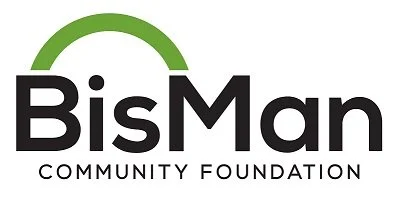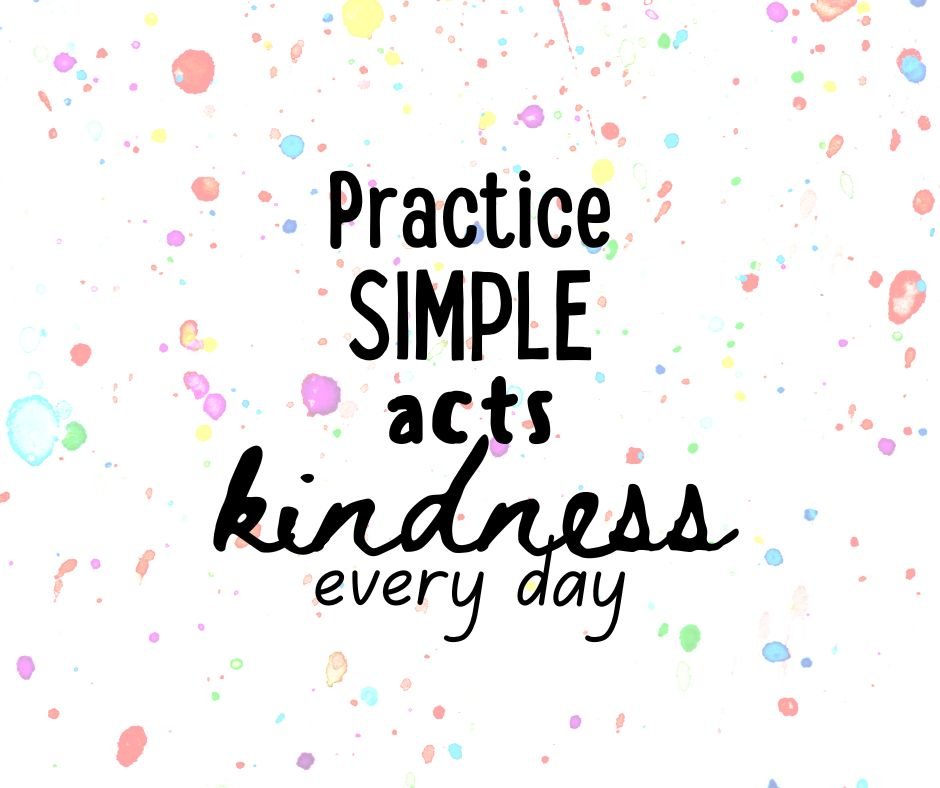Philanthropy is not limited to the wealthy or those with vast resources. It is a mindset and a way of life that empowers individuals to make a positive impact on the world. Developing a personal philosophy of philanthropy allows you to align your values, passions, and resources with your desire to create meaningful change. In this article, we will guide you through the process of creating your own personal philosophy of philanthropy, enabling you to make a difference that resonates with who you are.
Reflect on Your Values and Beliefs: Begin by reflecting on your core values and beliefs. What issues or causes are most important to you? Consider the social, environmental, or cultural issues that ignite your passion. Explore your personal experiences, convictions, and the values that drive you. This reflection will form the foundation of your philanthropic philosophy and help guide your giving decisions.
Clarify Your Vision and Objectives: Craft a clear vision for the impact you wish to create through your philanthropy. Envision the world you want to help shape and the specific outcomes you hope to achieve. Set specific objectives that align with your values and can serve as measurable markers of success. This clarity will guide your decision-making and ensure your efforts remain focused and purposeful.
Research and Educate Yourself: Engage in research and education to deepen your understanding of the issues you care about. Stay informed about the latest research, news, and developments related to your areas of interest. Seek out reputable sources, attend conferences or seminars, and connect with experts and organizations working in those fields. Knowledge is a powerful tool that allows you to make informed decisions and maximize your impact.
Define Your Philanthropic Approach: Consider the various ways you can contribute to your chosen causes. Philanthropy encompasses more than financial donations. Explore the different forms of giving, such as volunteering your time and skills, advocating for change, or leveraging your networks and resources. Determine the mix of resources you are willing to contribute and the ways in which you can make the most significant impact.
Develop a Strategy and Set Priorities: Create a strategic plan that outlines your philanthropic goals, objectives, and the steps needed to achieve them. Set clear priorities that align with your values and allocate resources accordingly. Determine the geographic areas or communities you want to focus on and identify specific initiatives or organizations that resonate with your vision. Having a well-defined strategy ensures your philanthropy is intentional, impactful, and sustainable.
Engage in Partnerships and Collaborations: Recognize the power of partnerships and collaborations in amplifying your impact. Engage with other philanthropists, nonprofits, and community organizations working in your areas of interest. Seek opportunities for collaboration, leverage collective resources, and share knowledge and best practices. Collaboration allows you to combine efforts, pool expertise, and create synergies that can result in more significant and lasting change.
Measure and Evaluate Your Impact: Regularly assess and evaluate the impact of your philanthropic efforts. Define indicators and metrics that align with your objectives and measure progress toward your desired outcomes. Reflect on lessons learned and adapt your approach as needed. By monitoring and evaluating your impact, you can refine your strategy, learn from your experiences, and continually improve the effectiveness of your philanthropy.
Crafting your personal philosophy of philanthropy empowers you to make a meaningful impact in the areas you care about most. By aligning your values, beliefs, and resources with a clear vision, strategic approach, and ongoing reflection, you can create lasting change that resonates with your truest self. Remember, philanthropy is not limited to financial contributions; it encompasses a range of actions that can positively shape the world. Embrace your unique role as a philanthropist and let your personal philosophy guide you on a transformative journey of giving and making a difference.




